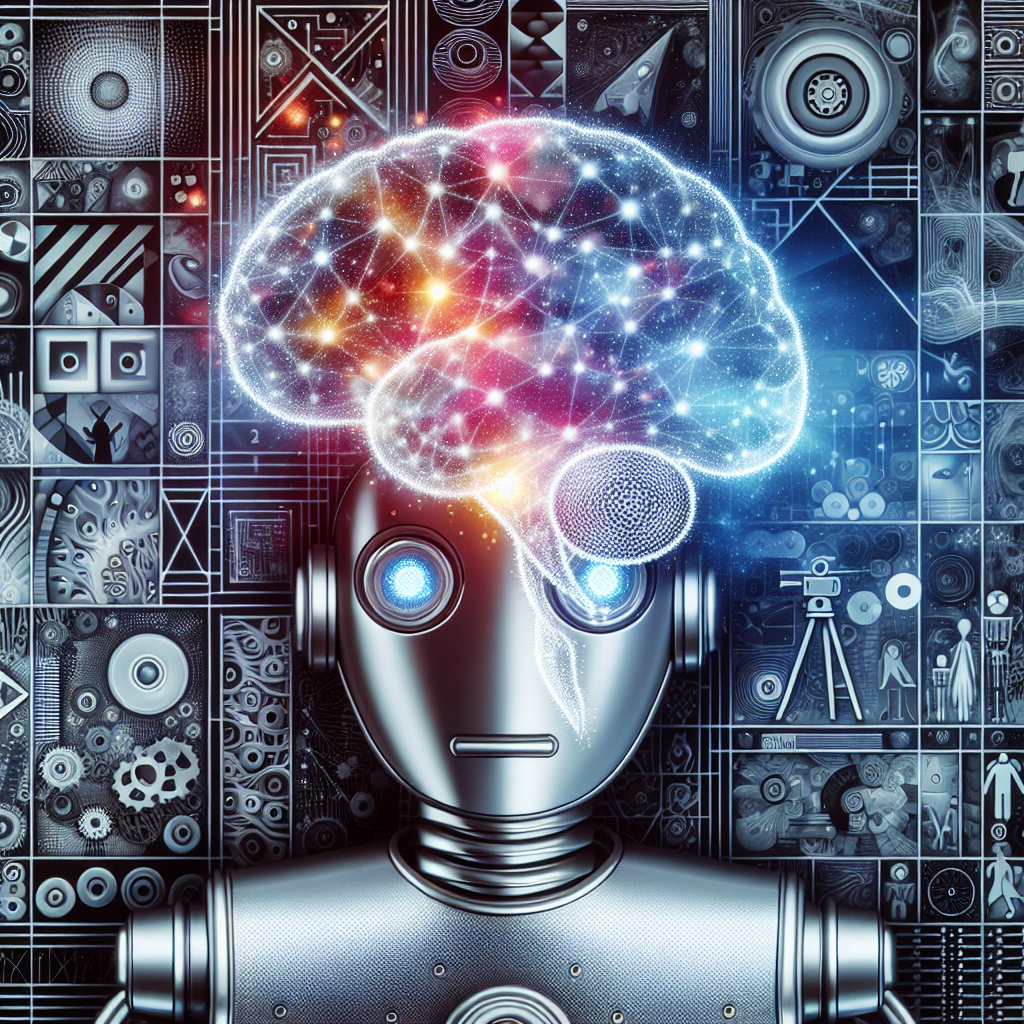Artificial intelligence (AI) has made significant advancements in recent years, revolutionizing various industries and transforming the way we live and work. In the creative industries, AI has the potential to streamline processes, enhance creativity, and drive innovation. However, the use of AI in creative fields raises ethical concerns that must be addressed to ensure that its impact is positive and beneficial for society.
Ethical concerns surrounding AI in creative industries primarily revolve around issues such as bias, privacy, accountability, and the impact on human workers. As AI becomes more integrated into creative processes, it is crucial to consider these ethical implications and develop guidelines and regulations to ensure that AI is used responsibly and ethically.
One of the main ethical concerns with AI in creative industries is the potential for bias. AI algorithms are trained on large datasets, which can contain biases and prejudices present in the data. This can lead to AI systems perpetuating and even amplifying existing biases in creative work, such as in music, art, or literature. For example, AI systems trained on historical data may inadvertently reproduce stereotypes or discriminatory practices present in the data, leading to biased outcomes.
To address this issue, it is essential for creators and developers to be aware of the potential biases in their datasets and algorithms and take steps to mitigate them. This can include diversifying the dataset, using bias detection tools, and implementing fairness and transparency measures in AI systems. Additionally, involving diverse stakeholders in the development and decision-making process can help ensure that AI systems are ethically sound and inclusive.
Privacy is another significant ethical concern when it comes to AI in creative industries. AI systems often collect and analyze large amounts of data to generate insights and recommendations. This raises concerns about the privacy and security of user data, as well as the potential for misuse or unauthorized access to sensitive information. Creators and developers must prioritize data protection and privacy by implementing robust security measures, obtaining user consent, and adhering to data protection regulations.
Accountability is another important ethical consideration in the use of AI in creative industries. As AI systems become more autonomous and make decisions independently, it becomes challenging to assign responsibility in case of errors, biases, or unethical outcomes. Creators and developers must establish clear guidelines for accountability, transparency, and oversight in AI systems to ensure that they are accountable for their actions and decisions.
The impact of AI on human workers is also a significant ethical concern in creative industries. AI has the potential to automate tasks, reduce the need for human labor, and change the nature of creative work. This can lead to job displacement, economic inequality, and social unrest if not managed properly. Creators and policymakers must consider the ethical implications of AI on the workforce and develop strategies to reskill and upskill workers, promote job creation, and ensure a fair and equitable distribution of the benefits of AI technology.
Despite these ethical concerns, AI also presents opportunities for creativity, innovation, and collaboration in creative industries. AI can help creators generate new ideas, explore new possibilities, and reach new audiences. By harnessing the power of AI responsibly and ethically, creative industries can unlock new opportunities for growth and development while ensuring that the benefits of AI are shared equitably among all stakeholders.
FAQs:
Q: Can AI replace human creativity in the creative industries?
A: AI can enhance and complement human creativity in the creative industries by assisting with tasks such as data analysis, content generation, and creative inspiration. However, human creativity is unique and irreplaceable, and AI cannot replicate the depth, complexity, and emotional intelligence of human creativity.
Q: How can creators and developers ensure that AI systems are ethical and responsible?
A: Creators and developers can ensure that AI systems are ethical and responsible by prioritizing fairness, transparency, accountability, and privacy in the design, development, and deployment of AI systems. This includes diversifying datasets, detecting and mitigating biases, protecting user data, establishing clear guidelines for accountability, and involving diverse stakeholders in the decision-making process.
Q: What are the benefits of using AI in creative industries?
A: The benefits of using AI in creative industries include streamlining processes, enhancing creativity, driving innovation, reaching new audiences, and optimizing resource allocation. AI can help creators generate new ideas, explore new possibilities, and improve the efficiency and effectiveness of creative work.
Q: What are the risks of using AI in creative industries?
A: The risks of using AI in creative industries include bias, privacy concerns, accountability issues, and the impact on human workers. AI systems can perpetuate biases present in the data, raise privacy and security concerns, challenge traditional notions of accountability, and disrupt the workforce. It is essential to address these risks and develop guidelines and regulations to ensure that AI is used responsibly and ethically in creative industries.

